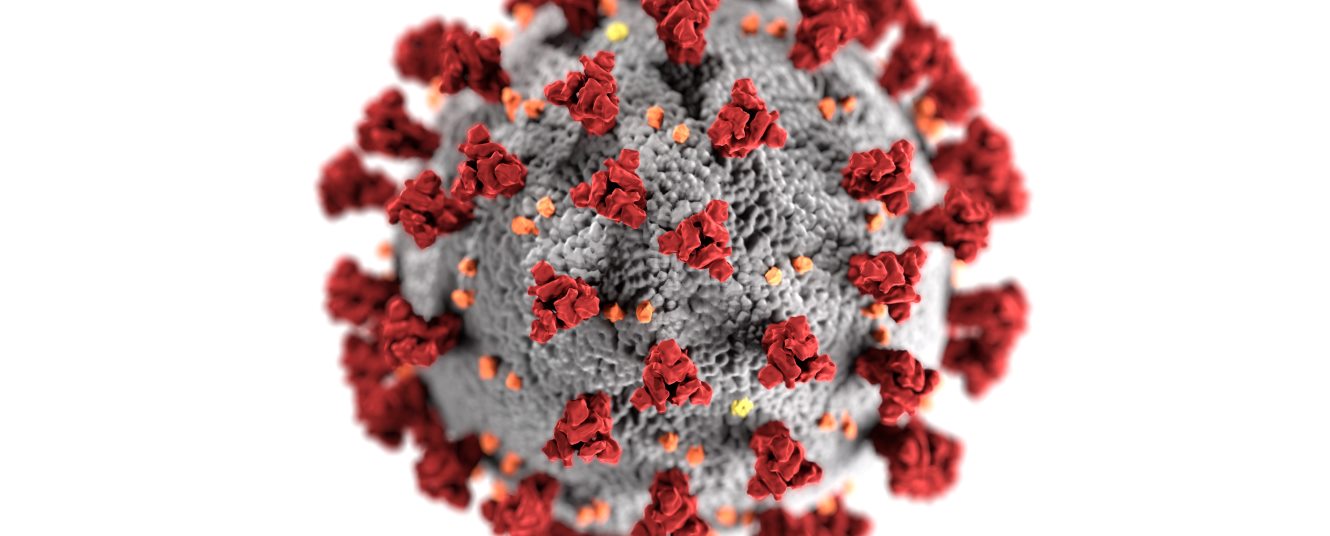A study published in Nature Medicine has compared the efficacy and safety of e-cigarettes versus nicotine patches for use in smoking cessation during pregnancy.
Not only did the study find that electronic cigarettes are as safe as nicotine patches, which are commonly offered to pregnant women who smoke as a nicotine replacement therapy (NRT) to help them with quitting smoking during pregnancy, but also that they are a more effective tool for helping them remain smoke free and can lead to better pregnancy outcomes.
E-cigarettes twice as effective as patches
A multitude of recent research has found e-cigarettes to be more effective than nicotine patches at both helping people with quitting smoking and helping them stay smoke free, however, there has been little research into their use among pregnant women.
The last few years have seen an increase in e-cigarette use in expectant mothers as a way to quit smoking, prompting Dr Francesca Pesola and her team at Queen Mary University of London to undertake research to fill this gap in knowledge.
The randomised trial involved 1,140 participants who were on average 15.7 weeks pregnant and smoked around 10 cigarettes a day. 569 participants were given an e-cigarette, while the remaining 571 were given nicotine replacement therapy in the form of nicotine patches. However the research revealed that some of the patch wearing participants did choose to also use an e-cigarette during the course of the study to help them abstain from smoking.
The team found that the safety outcomes for mother and baby were similar for both groups, however, the group using e-cigarettes had fewer babies born with a low birth weight than the group using nicotine patches, suggesting that vaping can lead to better pregnancy outcomes than the use of nicotine patches.
It is suspected that the reason for these outcomes is that e-cigarettes were more effective at helping the expectant mothers to abstain from smoking cigarettes. When researchers looked at the amount of women who successfully quite who has only used the treatment they were allocated as part of the trial, they found that almost twice as many had successfully quit using an e-cigarette than with nicotine patches.
40% of those given an e-cigarette were still using their allocated product after four weeks, compared with just 23% of those allocated nicotine patches. At the end of their pregnancy 19.8% of the e-cigarette group self-reported remaining abstinent from smoking, while only 9.7% of the group given patches reported abstinence.
Speaking on these findings Peter Hajek, Director of Health and Lifestyle Research Unit, Wolfson Institute of Population Health, Queen Mary University of London, said,
"E-cigarettes seem more effective than nicotine patches in helping pregnant women to quit smoking and because of this, they seem to also lead to better pregnancy outcomes. The evidence-based advice to smokers already includes, among other options, a recommendation to switch from smoking to e-cigarettes. Such a recommendation can now be extended to smokers who are pregnant as well."
10% of mothers smoke at time of birth
This research is so important as there is never a more important time to quit than when you are expecting a baby. Smoking during pregnancy can increase the risk of premature birth, miscarriage, and low birth weight, as well as sudden infant death syndrome. But quitting is never easy, and this includes during pregnancy.
The Royal College of Midwives has previously expressed their support of pregnant women making the switch from smoking to vaping. They shared that the risks of complications for those who quit smoking early in their pregnancy are the same as those of non-smokers, showing the need for effective support and stop smoking tools during these early stages.
Speaking on the research, Dr Pesola said:
“Using an e-cigarette poses no greater risk to the mother or baby than nicotine patches, which are both better options than continuing to smoke throughout pregnancy.”
Data from 2019 revealed that over 10% of pregnant women report being smokers at the time of childbirth, so it is imperative that research into helping these women quit smoking continues to be a priority.
This sentiment has also been shared by the National Institute for Health & Care Excellence (NICE), which you can read about in our blog post 'New NICE guidance backs vaping'. They advocated in 2021 for the need for more research into the use of e-cigarettes during pregnancy, especially when it comes to the nicotine strengths that would be needed to effectively satisfy their cravings.
This is because research suggests that women can metabolise nicotine faster during pregnancy, meaning that a pregnant woman will likely need a higher strength to help them manage their nicotine cravings that someone who is not pregnant. E-cigarettes are particularly useful when it comes to nicotine dosage, as they make it easy to select the exact nicotine strength that is needed, and offer a wide variety of different nicotine strength option.
They also offer the user the choice of many different flavour options, which makes the experience more enjoyable, and effectively replicates the feel of smoking a cigarette in a way that also helps address the physical habit of smoking.
NICE have shared that it is not clear whether nicotine is harmful to developing babies, but that most of the health problems associated with pregnancy smoking are caused by the potentially harmful chemicals and toxins other than nicotine that are found in cigarette smoke, like tar or carbon monoxide.
The confirmation that e-cigarettes are just as safe to both the mother and unborn baby as nicotine patches, which are regularly given to pregnant smokers as a nicotine replacement therapy to help them quit, will come as a huge reassurance to pregnant women about their options when it comes to stop smoking aids and the safety of vaping during pregnancy.
As we know, one course of action does not necessarily meet the needs of every person, and so having different options available to help them make the quit could go a long way in helping increase the number of successful quit attempts and lead to better pregnancy outcomes for many expectant mothers.
At a glance
- “Using an e-cigarette poses no greater risk to the mother or baby than nicotine patches, which are both better options than continuing to smoke throughout pregnancy.” – Dr Pesola, Queen Mary University of London
- Research found that women who use an e-cigarette to quit smoking during pregnancy are less likely to have a baby with a low birth rate than those using nicotine patches
- Twice as many pregnant women were smoke free by childbirth using an e-cigarette than with nicotine patches
- The Royal College of Midwives has expressed their support of pregnant women making the switch from smoking to vaping
- In 2019 over 10% of women in England reported being smokers at the time of childbirth
Sources
Nature Medicine 16/05/2022
medicalxpress.com 01/08/2023
nihr.ac.uk 08/2023
The Royal College of Midwives 05/2019


























